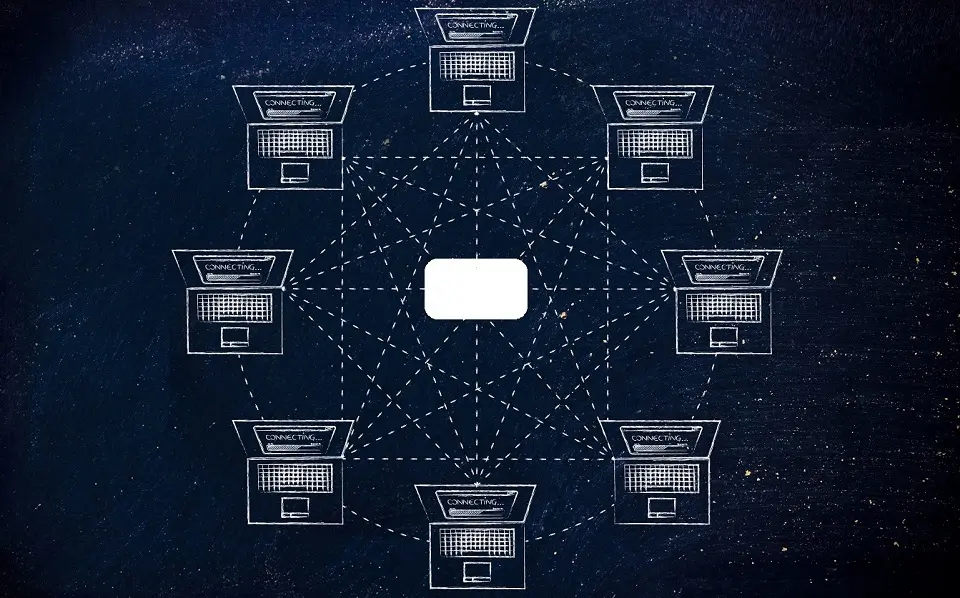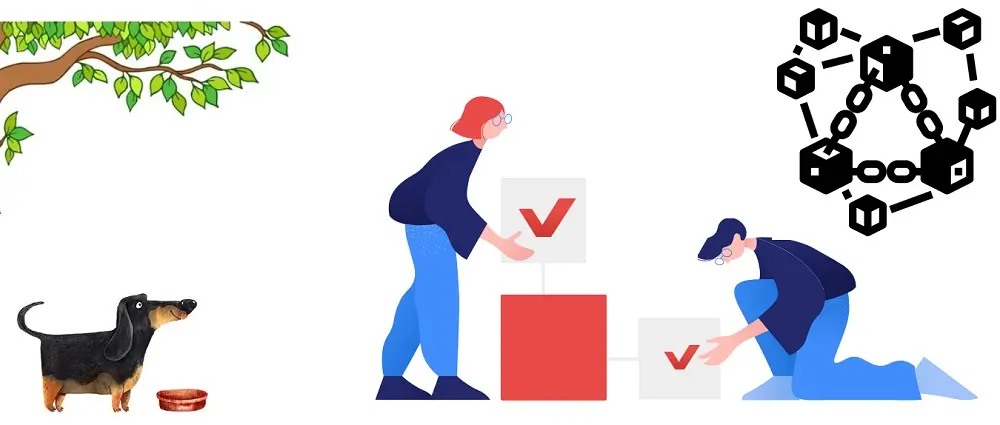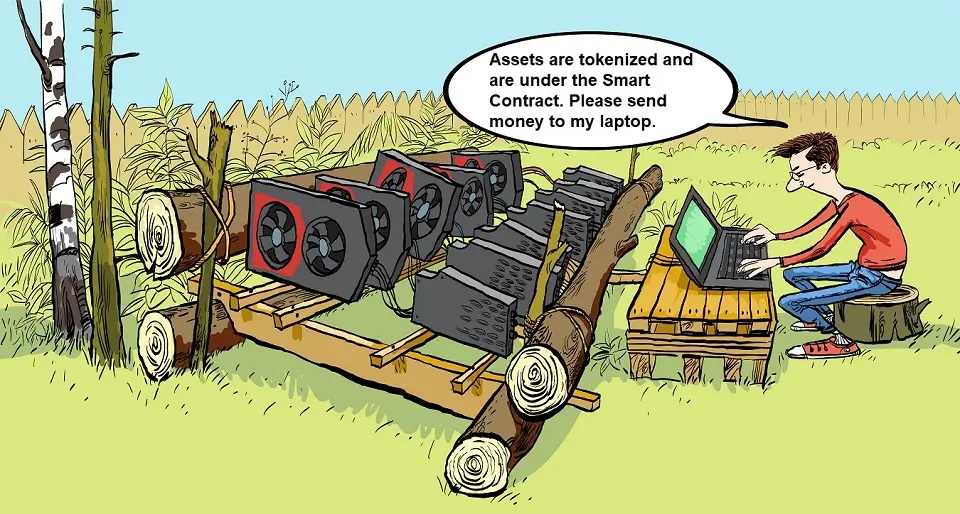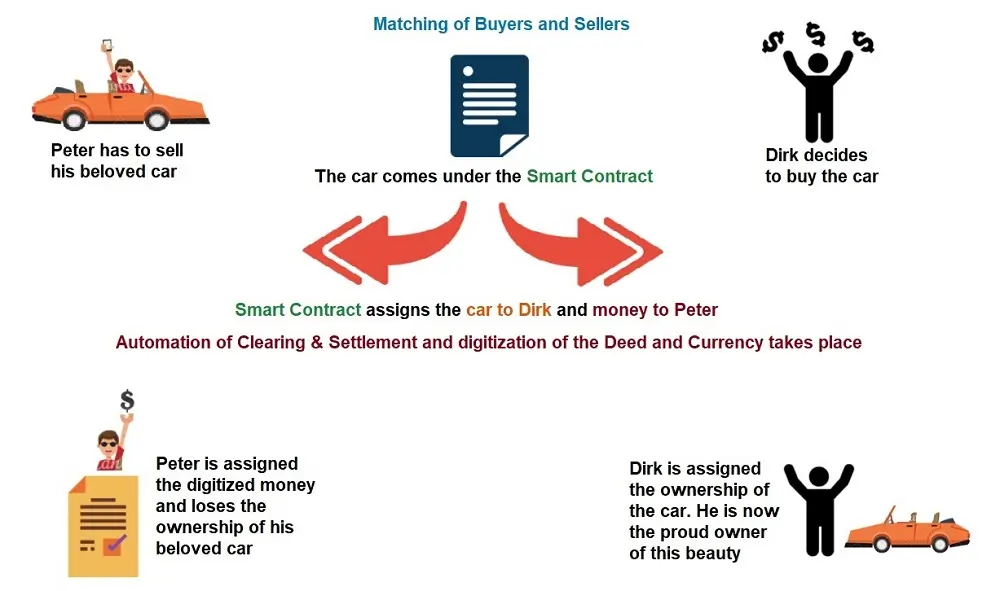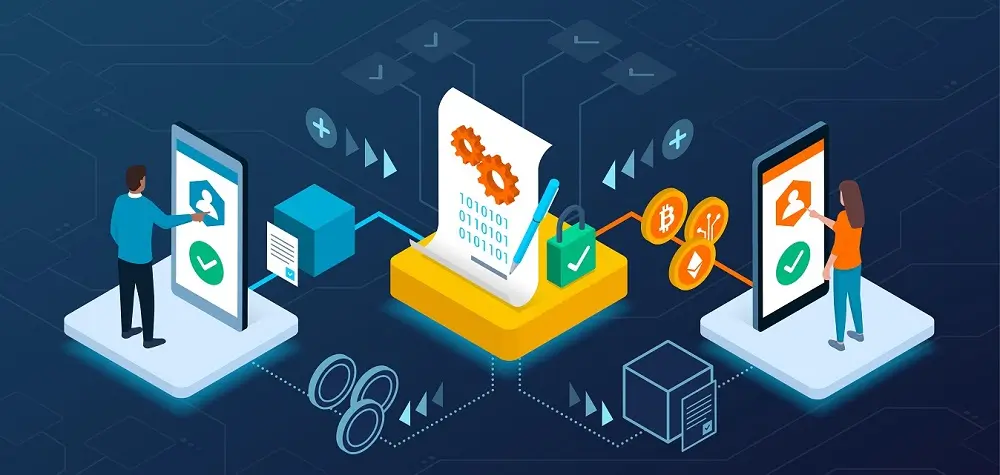What are Decentralized Applications (DApps)
As the blockchain revolution keeps raving, more developers and companies seek ways to learn about it and possibly adopt it for their next project. This article does not introduce the reader to blockchain and its workings. Instead, this article seeks to be more practical — teaching the reader about Decentralized Applications (DApps) and why they are useful and more practical.
Continue reading
